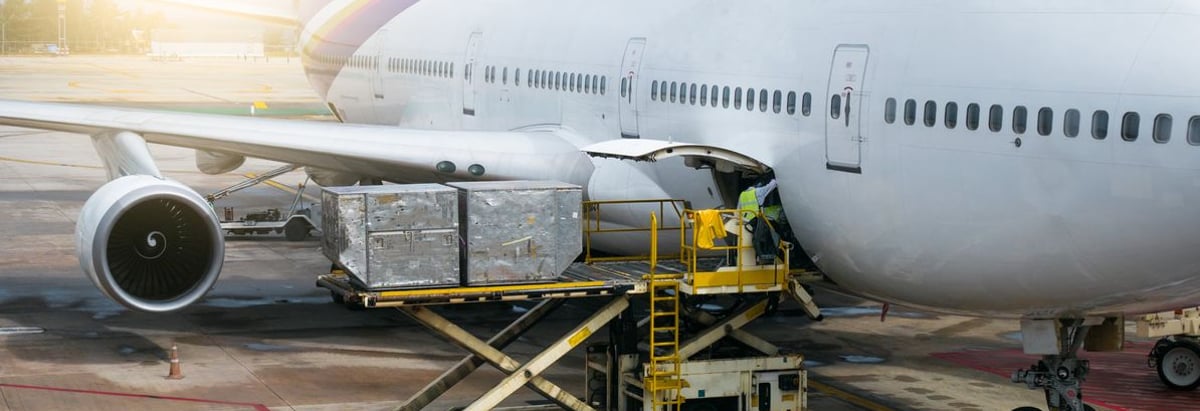Stock Analysis

Some say volatility, rather than debt, is the best way to think about risk as an investor, but Warren Buffett famously said that 'Volatility is far from synonymous with risk.' So it seems the smart money knows that debt - which is usually involved in bankruptcies - is a very important factor, when you assess how risky a company is. We can see that Hyundai Glovis Co., Ltd. (KRX:086280) does use debt in its business. But the more important question is: how much risk is that debt creating?
What Risk Does Debt Bring?
Debt assists a business until the business has trouble paying it off, either with new capital or with free cash flow. In the worst case scenario, a company can go bankrupt if it cannot pay its creditors. However, a more common (but still painful) scenario is that it has to raise new equity capital at a low price, thus permanently diluting shareholders. Of course, plenty of companies use debt to fund growth, without any negative consequences. The first thing to do when considering how much debt a business uses is to look at its cash and debt together.
View our latest analysis for Hyundai Glovis
What Is Hyundai Glovis's Debt?
You can click the graphic below for the historical numbers, but it shows that as of June 2024 Hyundai Glovis had ₩2.09t of debt, an increase on ₩1.96t, over one year. But it also has ₩4.16t in cash to offset that, meaning it has ₩2.06t net cash.
How Healthy Is Hyundai Glovis' Balance Sheet?
According to the last reported balance sheet, Hyundai Glovis had liabilities of ₩5.03t due within 12 months, and liabilities of ₩2.55t due beyond 12 months. On the other hand, it had cash of ₩4.16t and ₩3.14t worth of receivables due within a year. So its liabilities total ₩278.5b more than the combination of its cash and short-term receivables.
Since publicly traded Hyundai Glovis shares are worth a total of ₩8.68t, it seems unlikely that this level of liabilities would be a major threat. But there are sufficient liabilities that we would certainly recommend shareholders continue to monitor the balance sheet, going forward. Despite its noteworthy liabilities, Hyundai Glovis boasts net cash, so it's fair to say it does not have a heavy debt load!
But the bad news is that Hyundai Glovis has seen its EBIT plunge 11% in the last twelve months. We think hat kind of performance, if repeated frequently, could well lead to difficulties for the stock. There's no doubt that we learn most about debt from the balance sheet. But ultimately the future profitability of the business will decide if Hyundai Glovis can strengthen its balance sheet over time. So if you want to see what the professionals think, you might find this free report on analyst profit forecasts to be interesting.
But our final consideration is also important, because a company cannot pay debt with paper profits; it needs cold hard cash. Hyundai Glovis may have net cash on the balance sheet, but it is still interesting to look at how well the business converts its earnings before interest and tax (EBIT) to free cash flow, because that will influence both its need for, and its capacity to manage debt. Over the last three years, Hyundai Glovis recorded free cash flow worth a fulsome 97% of its EBIT, which is stronger than we'd usually expect. That positions it well to pay down debt if desirable to do so.
Summing Up
We could understand if investors are concerned about Hyundai Glovis's liabilities, but we can be reassured by the fact it has has net cash of ₩2.06t. And it impressed us with free cash flow of ₩1.0t, being 97% of its EBIT. So is Hyundai Glovis's debt a risk? It doesn't seem so to us. The balance sheet is clearly the area to focus on when you are analysing debt. But ultimately, every company can contain risks that exist outside of the balance sheet. These risks can be hard to spot. Every company has them, and we've spotted 1 warning sign for Hyundai Glovis you should know about.
At the end of the day, it's often better to focus on companies that are free from net debt. You can access our special list of such companies (all with a track record of profit growth). It's free.
Valuation is complex, but we're here to simplify it.
Discover if Hyundai Glovis might be undervalued or overvalued with our detailed analysis, featuring fair value estimates, potential risks, dividends, insider trades, and its financial condition.
Access Free AnalysisHave feedback on this article? Concerned about the content? Get in touch with us directly. Alternatively, email editorial-team (at) simplywallst.com.
This article by Simply Wall St is general in nature. We provide commentary based on historical data and analyst forecasts only using an unbiased methodology and our articles are not intended to be financial advice. It does not constitute a recommendation to buy or sell any stock, and does not take account of your objectives, or your financial situation. We aim to bring you long-term focused analysis driven by fundamental data. Note that our analysis may not factor in the latest price-sensitive company announcements or qualitative material. Simply Wall St has no position in any stocks mentioned.
About KOSE:A086280
Hyundai Glovis
Operates as logistics and distribution company in South Korea and internationally.


